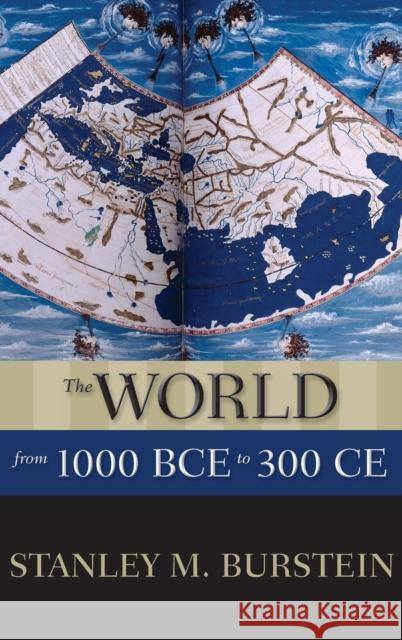The World from 1000 BCE to 300 CE » książka
The World from 1000 BCE to 300 CE
ISBN-13: 9780199336142 / Angielski / Twarda / 2017
This book provides the first comprehensive history of Afro-Eurasia during the first millennium BCE and the beginning of the first millennium CE. The history of these 1300 plus years can be summed up in one word: connectivity. The growth in connectivity during this period was marked by increasing political, economic, and cultural interaction throughout the region, and the replacement of the numerous political and cultural entities by a handful of great empires at the end of the period. In the process, local cultural traditions were replaced by great traditions rooted in lingua francas and spread by formalized educational systems.
This process began with the collapse of the Bronze Age empires in the east and west, widespread population movements, and almost chronic warfare throughout Afro-Eurasia, while the cavalry revolution transformed the nomads of the central Asian steppes into founders of tribal confederations assembled by charismatic leaders and covering huge territories. At the same time, new artistic and intellectual movements appeared, including the teachings of Socrates, Confucius, the Buddha, and Laozi. Increased literacy also allowed people from a wide range of social classes such as the Greek soldier Xenophon, the Indian Buddhist emperor Ashoka, the Roman emperor Marcus Aurelius, and elite women such as the poetess Sappho, the Christian martyr Perpetua, and the scholar Ban Zhao to create literary works.











